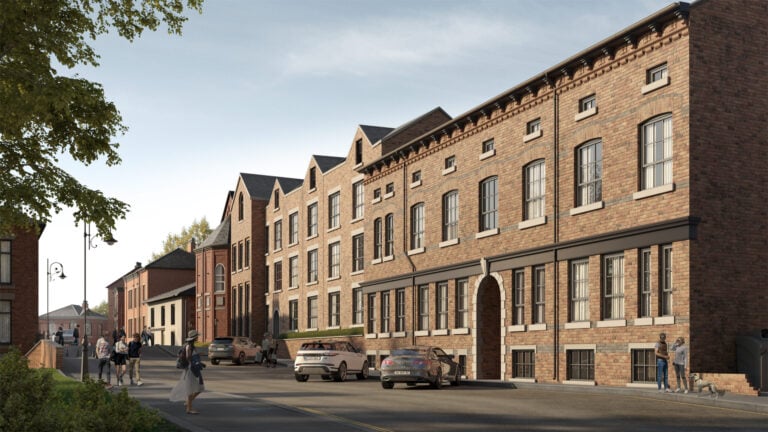While the outlook for the UK’s rental market hasn’t changed much, the latest predictions for UK house prices have improved thanks to renewed economic optimism.
Although yesterday’s [16th January] inflation news was certainly not what economists had planned for or hoped for, the rise from 3.9% to 4% between November and December 2023 does not seem to have swayed the general consensus that interest rates will fall this year.
Interest rates are one of the key elements used by analysts to predict what might happen to the property market in the coming months, as they can affect both transaction volumes and house prices. Lenders have been bringing many of their rates down for several months, though, spurring on the market.
Shortly before the latest inflation announcement, Knight Frank revealed its updated predictions for UK house prices, and they were considerably more optimistic than the previous forecast in October 2023. Back then, the agency expected house prices to fall by -4% this year; now, it forecasts a 3% rise in 2024.
UK house prices turning a corner
As has been the case in the UK property market for a number of years, it has shown more resilience in the face of a number of headwinds than many analysts had expected. The same can be said for the Covid pandemic, when a housing market crash was widely predicted, but instead the opposite happened.
Likewise, house prices ended 2023 in a much better state than many had expected, with only small annual falls on average, but with some parts of the country continuing to see climbing values.
As Knight Frank points out, the latest data from Halifax and Nationwide suggests “a corner is being turned”, as the banks reported a 1.7% increase and a -1.8% decrease in property prices respectively by the end of 2023; compared with a -5% reported in August.
Tom Bill from Knight Frank notes: “With UK housing transactions a fifth below their five-year average, we waited until a clear pattern emerged showing prices were bottoming out, which we believe is now the case.
“As a result of stronger demand, the number of mortgage approvals was 10% higher in November than the previous year and we expect a double-digit percentage increase in sales volumes this year compared to 2023.”
Knight Frank expects the next two years to see house prices climb by 3% each year, rising to an increase of 4% for 2026, 5% for 2027, and a slightly damper 4% for 2028. This applies to the general UK housing market, but there will of course be some vast variations between different parts of the country, and different property types.
What about the rental market?
While the outlook for house prices shows a strengthening market, property investors may find renewed confidence to push ahead with new investments, particularly in better performing locations with rising house prices. However, it is vital to also consider how the rental market in each area is faring, as this will affect your yields.
For the year ahead, Knight Frank expects the general rental market to see rental value growth of 5% in 2024. It points out that this growth should be stronger in “lower-value markets”, because the supply/demand gap tends to be greater. Owners in high-value markets are “more discretionary”, says the agency.
If there continues to be a large gap between supply and demand in certain parts of the country, this will keep rental prices buoyant. But, the report adds: “Supply is recovering as demand is gradually being absorbed and more sellers have become landlords in a sales market where price growth has been minimal.”
Supply could increase in the market if investor confidence climbs, off the back of improving economic and inflationary figures, as well as falling mortgage rates, which could attract a wider range of buyers to the market.









